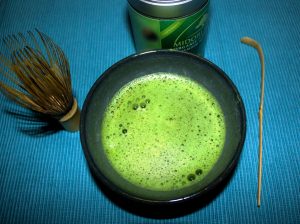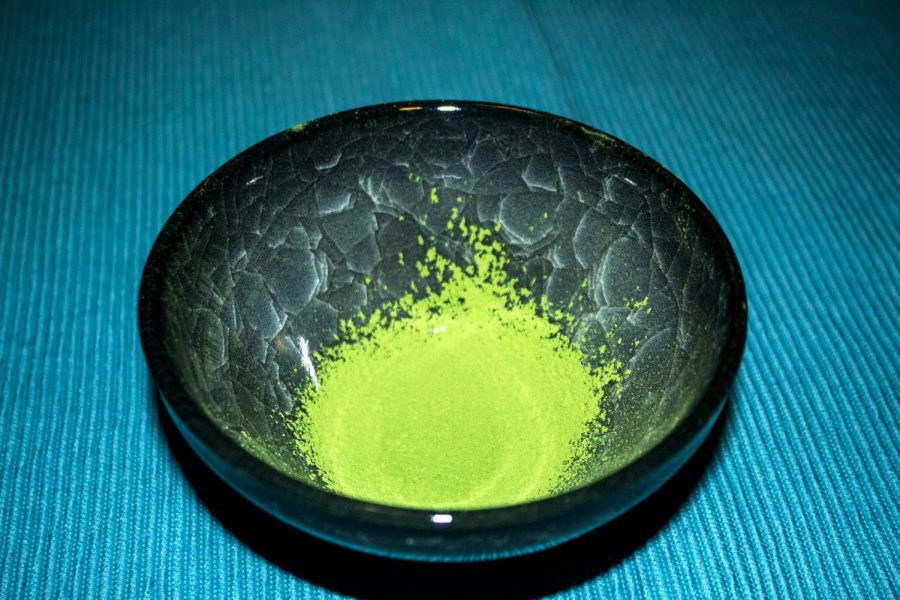Japanese Ceremonial Tea is a Healthy Alternative to Coffee
At least 80 percent of adults in the world consume caffeine every day in some way. According to the FDA, caffeine is a central nervous stimulant, which means when an individual consumes a beverage or food item with caffeine, they feel more awake and alert. The average adult can consume up to 200 milligrams. Caffeine can have serious drawbacks, though. Consuming too much can also make an individual easily get headaches, nervousness, become dehydrated, as well as feel jitters and shakes.
Everyone has a different amount of tolerance — some can consume over 200 mg and feel fine while some are hypersensitive to caffeine and feel the side effects on a much larger scale.
Coffee is usually the most desired source of caffeine every day by at least 80 percent of people in the world. Good portions of these people are those who attend college. Depending on their caffeine tolerance or sensitivity, it can be more harmful than beneficial.
There is an alternative to coffee that can benefit overall health. It is referred to as Japanese matcha. Matcha is powdered green tea that is measured with a chashaku into a bowl, sifted, combined with hot water and is mixed and frothed by a bamboo whisk.

In 1191 A.D., it is believed that the Zen Monk Eisai brought the first green tea seeds from China to temple grounds in Kyoto. Eisai brought Zen philosophy to Japan and developed the technique of grinding these green tea leaves into powder and drinking it as tea. Zen and matcha were then combined into the tea ceremony. Matcha is believed to help stimulate the mind to be calm and increase mental awareness. Today, it is imported into several countries and is available to buy in various stores and online.
There are many antioxidants —137 times more than regular brewed green tea — which are substances that can help protect your body from arthritis related conditions, Alzheimer’s, cancers and more. One cup of matcha is equal to 10 cups of brewed green tea when it comes to antioxidants.
Matcha versus Coffee
Matcha helps boost the metabolism. Matcha can also help lower cholesterol and blood sugar levels while coffee can increase blood pressure, though that is more the fault of the caffeine inside of it. One serving of matcha is about 3.5 calories. Coffee calories can vary because of cream and sugar. Matcha doesn’t need sweetening, but can be combined with milk if desired.
When it comes to caffeine, matcha is perfect for people who are hypersensitive and recommended to only consume less than 100 mg of it a day. One serving has 25-40 mg while one 12 oz. cup of coffee has 95 mg. The common amount of caffeine in a double shot of espresso in lattes is roughly 125 mg. In addition, matcha is also rich in the amino acid L-Theanine, which promotes a state of relaxation while coffee doesn’t have this benefit whatsoever.
It all comes down to what works best for any individual. Nobody has to give up coffee completely unless they want to or if they are instructed to do so by a doctor, but matcha is without a doubt a terrific addition to benefitting overall health and is a wonderful alternative to people who have caffeine-sensitive related health issues and may help anyone feel much better in day-to-day life.


